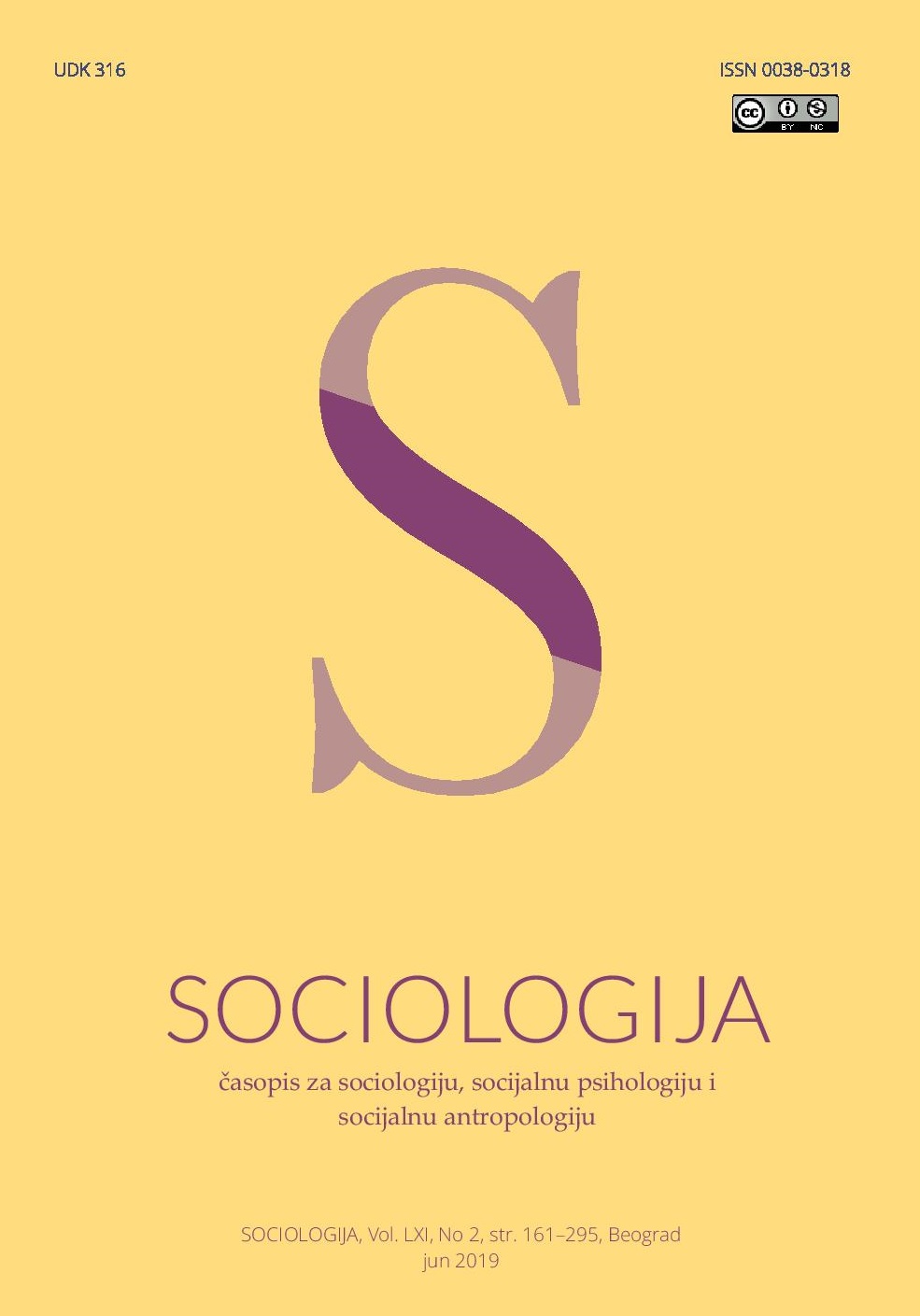Reforming Youth Transition Support with the Multi-Agency Approach? – A Case Study of the Finnish One-Stop Guidance Centers
Reforming Youth Transition Support with the Multi-Agency Approach? – A Case Study of the Finnish One-Stop Guidance Centers
Author(s): Mirja MäättäSubject(s): Social Sciences, Sociology, Social development, Social differentiation, Policy, planning, forecast and speculation, Identity of Collectives
Published by: Sociološko naučno društvo Srbije
Keywords: categorisation; multi-agency service; reformation; young people
Summary/Abstract: Finland is trying to expedite and support young people’s transitionto productive adulthood in various ways. Face-to-face guidance in mul ti-agencyservice points, the One-Stop Guidance Centers, has formeda central means forthe last three governments. In these centres, a young person under the age of 30can get help from different professionals in matters related to work, educationand everyday life. This study asks how the centres define their tasks and targetgroups, and how the centres relate to the service reformation. The data consistsof peer-learning surveys for the employees of the centres, conducted in 2015, 2016and 2017.The research approach is inspired by membership categorisation analysis(MCA) pointing out that institutions think and act by means of categories: theyproduce client classifications and problem definitions, which define their serviceprovision. The data analysis mixes MCA and content analysis.The centres have no dominant administrative sector or profession that wouldprovide the target settings and categorisations to be directl y applied in their work.Instead, these are negotiated inter-professionally and locally. The analysis showsthat the employees reflect their task against the problems of the old service provisionsystem. The centres want to stand apart from the bureaucratic and siloed serviceprovision system as a youth-centred and holistic service. Develop ing a new way ofworking necessarily means questioning the conventional categories of clients andactions. Yet, the possibility to develop the “new” varies between the professionalgroups and the geographic areas. The detailed and detached legislation of differentadministrative branches also delimit it.
Journal: Sociologija
- Issue Year: 61/2019
- Issue No: 2
- Page Range: 277-291
- Page Count: 15
- Language: English

